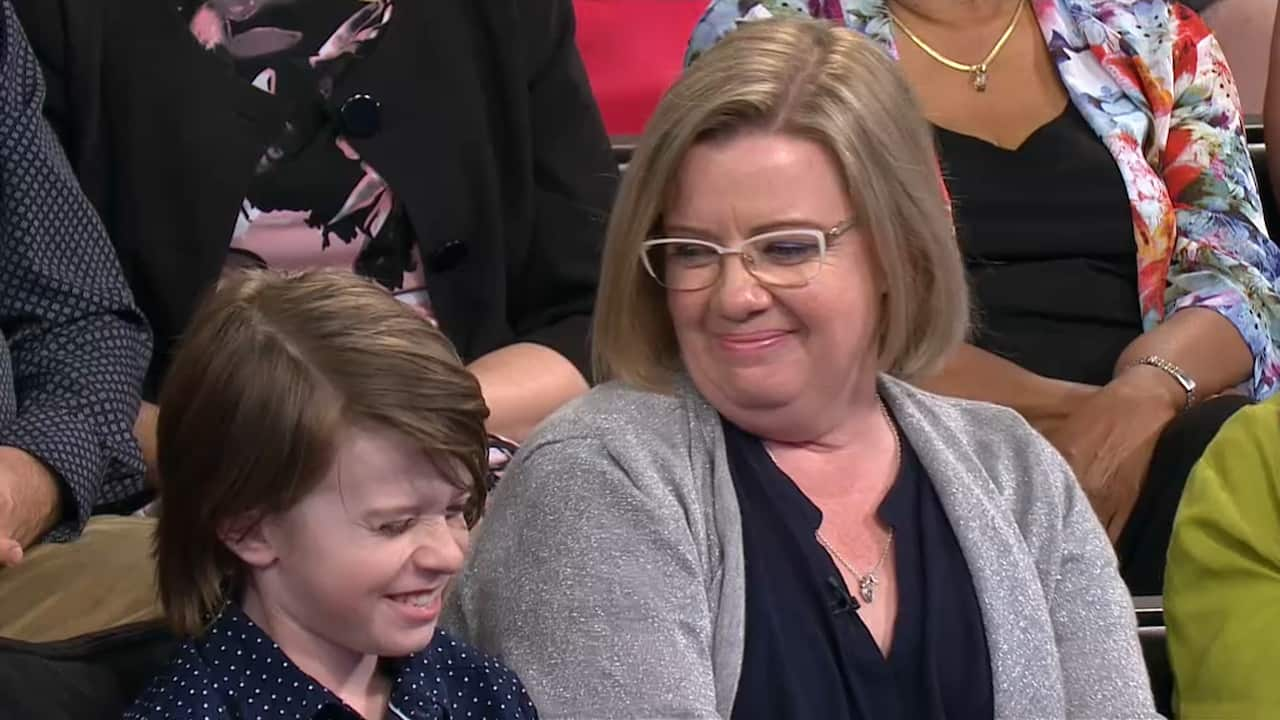Sarah always knew her son, Rory, was intelligent, but his report cards continually indicated otherwise.
“We had many, many years of struggle of not understanding what was going on for Rory because we knew he was really bright and he was really on the ball … but he just wasn't getting anywhere with reading and writing and he was always at the bottom of the pack,” she tells Insight.
Sarah says it was heartbreaking to see her son struggle, and frustrating that the school couldn’t see his potential.
“School wanted to repeat him one year and they were like ‘he's just not getting it’ and I was like ‘but this is a really smart kid, what's going on?’”
Eventually a teacher told Sarah “off the record” that Rory should be tested for giftedness and after testing they discovered that Rory was in fact twice exceptional.
Twice-exceptional learners are students who are gifted in one area but struggle, or underperform, in another area.
“I actually felt vindicated, I wanted to throw it at people because I was like this is what we've been saying for years.”
“She [teacher] was really good at her job.”

Why aren’t gifted kids being identified?
What makes a child gifted? In Australia a gifted child is defined as someone who demonstrates high levels of ability in any domain. This could be intellectual, creative giftedness, social giftedness or physical giftedness that puts the child at the top 10 per cent of his or her age level.
The point at which things get difficult is when it comes to whose job it is to identify a gifted child.
Jae Jung, a gifted and education researcher, says it is the responsibility of teachers to identify a gifted child - but he says their training is letting them down.
“We have a huge problem here, gifted students represent 10 per cent of the student population, this is a very substantial number of Australian students whose needs are not being met,” Jae tells Insight.
Jae says the bodies that accredit universities who offer teaching courses are not requiring universities to have gifted education as a compulsory unit in the teacher training programs.
“This is despite Australian professional standards for teachers [which] requires all teachers to be able to cater to students across the full range of abilities.”
And Jae says it is not just a problem with identification. Even if a child is identified as gifted by other means he says teachers don’t know how to teach them – and this is detrimental in the classroom.
“That student will be extremely bored, extremely frustrated.”
“For many gifted students the parents won't even notice [they are struggling], they might engage in antisocial behaviour, they might drop out of school, this is a huge waste of the potential of these students.”
Jae says training teachers correctly is the key to rectifying the issue.
“It's very important that universities that are offering teacher training programs are required to have gifted education as a compulsory unit in their programs.”
“That would resolve a lot of these difficulties that parents are facing in getting the educational needs of their children met.”
Mounting pressure on teachers
Professor Robyn Ewing, an expert on teacher education from the University of Sydney, believes that an unfair amount of pressure is being placed on teachers.
“As teachers we continue to be blamed for all of the things that society doesn't get right,” she tells Insight.
“Teachers actually need a lot more support and resourcing to be able to meet the needs of every child,” she says, adding that it’s not just gifted children, but also those struggling with their education, that need extra attention.
“We realise that there are times when teachers aren't getting it right but it's certainly not because they don't have the enthusiasm and the passion and the desire to do so, and until society starts to give teachers the respect and the resources and the professional learning in an on-going way to take on board the new learning all the time, we will never get there.”
Robyn believes other services and professionals need to step in and work with teachers to help gifted children reach their full potential.
Insight is Australia's leading forum for debate and powerful first-person stories offering a unique perspective on the way we live. Read more about Insight
Have a story or comment? Contact Us


